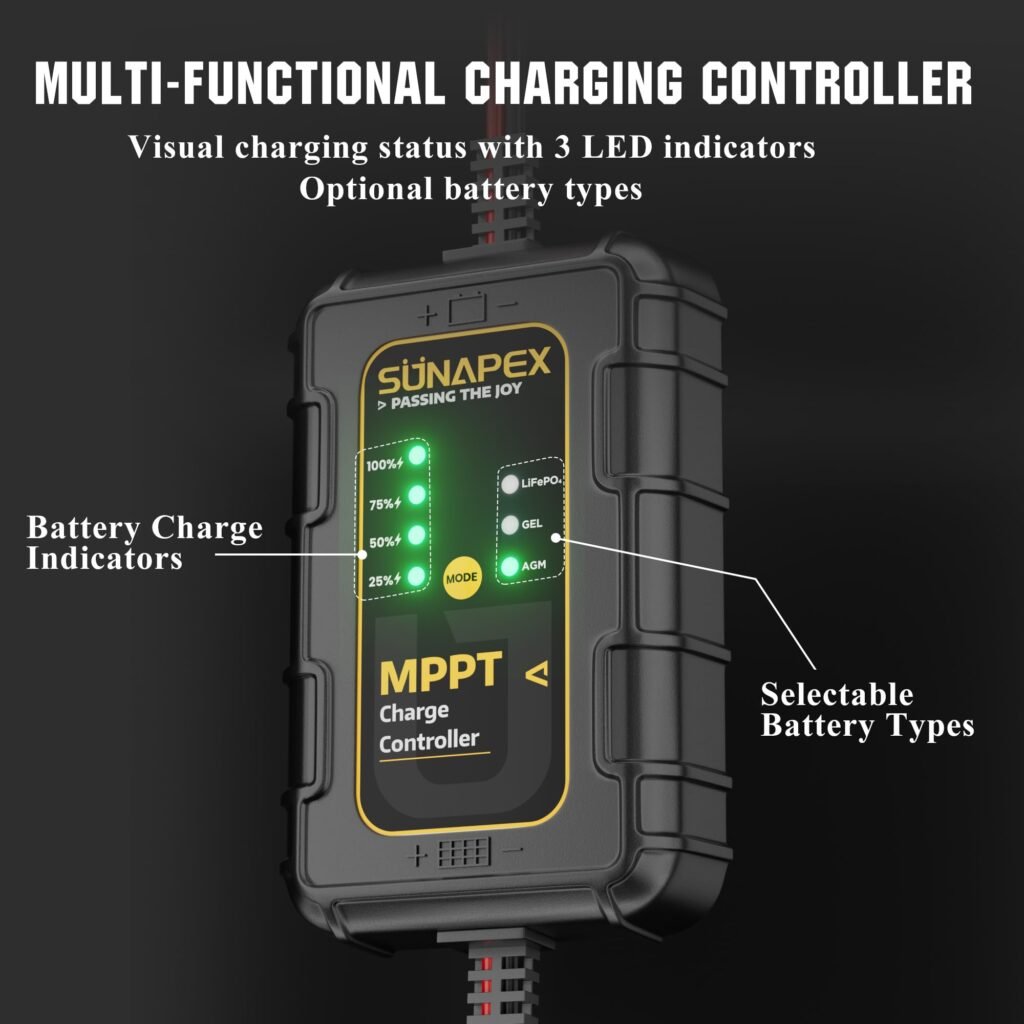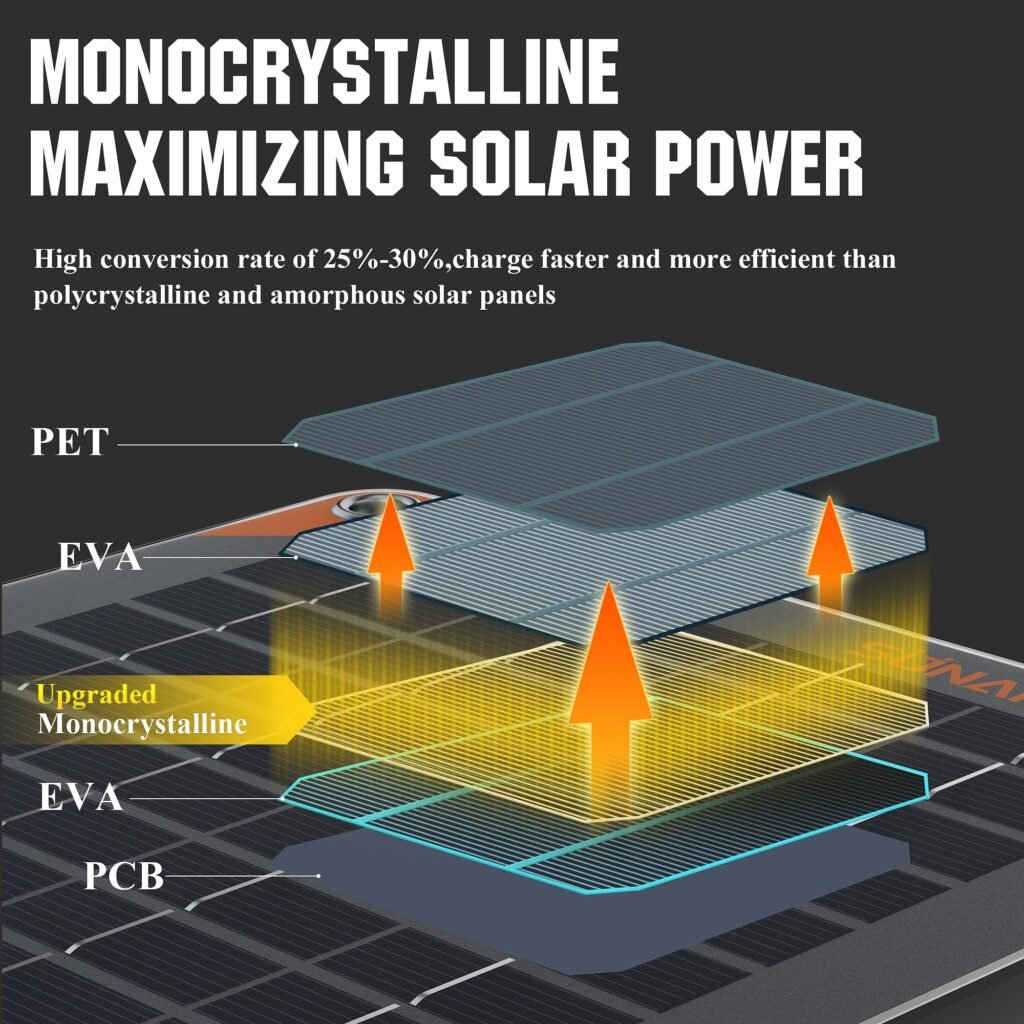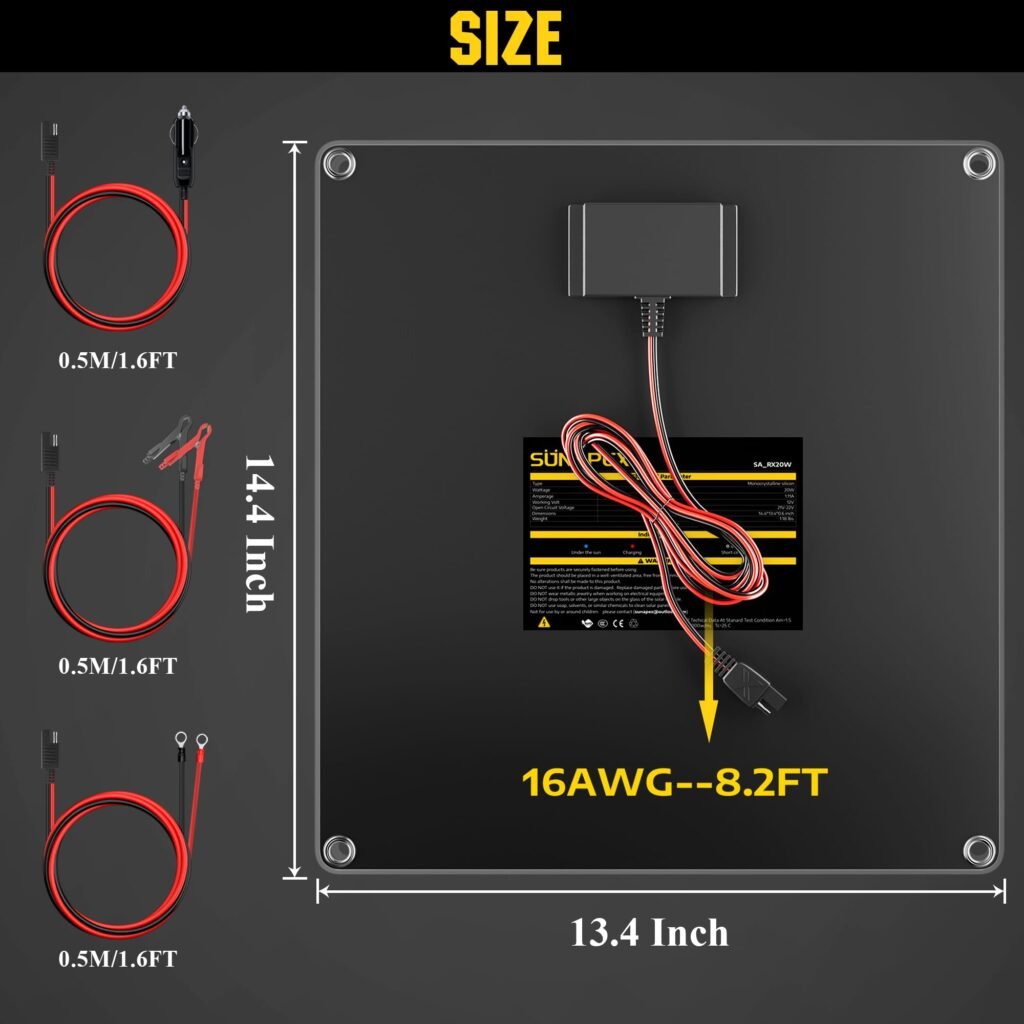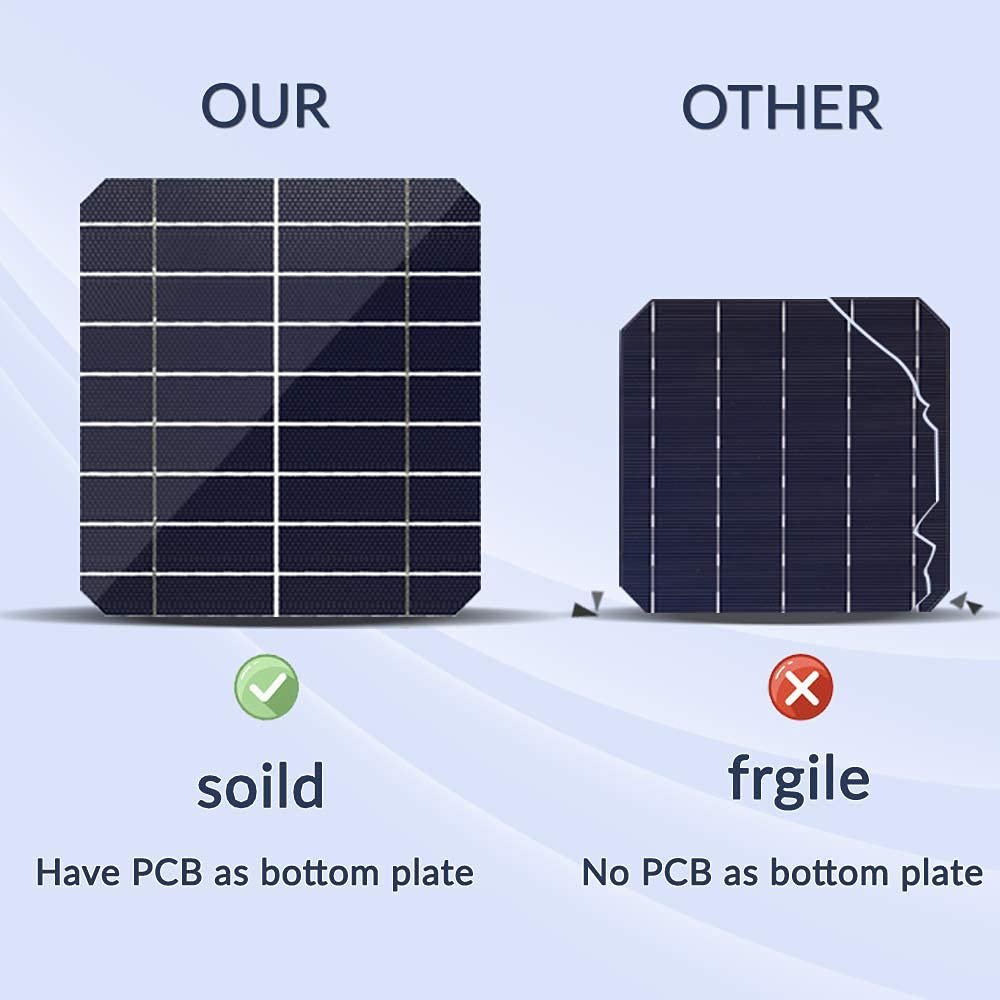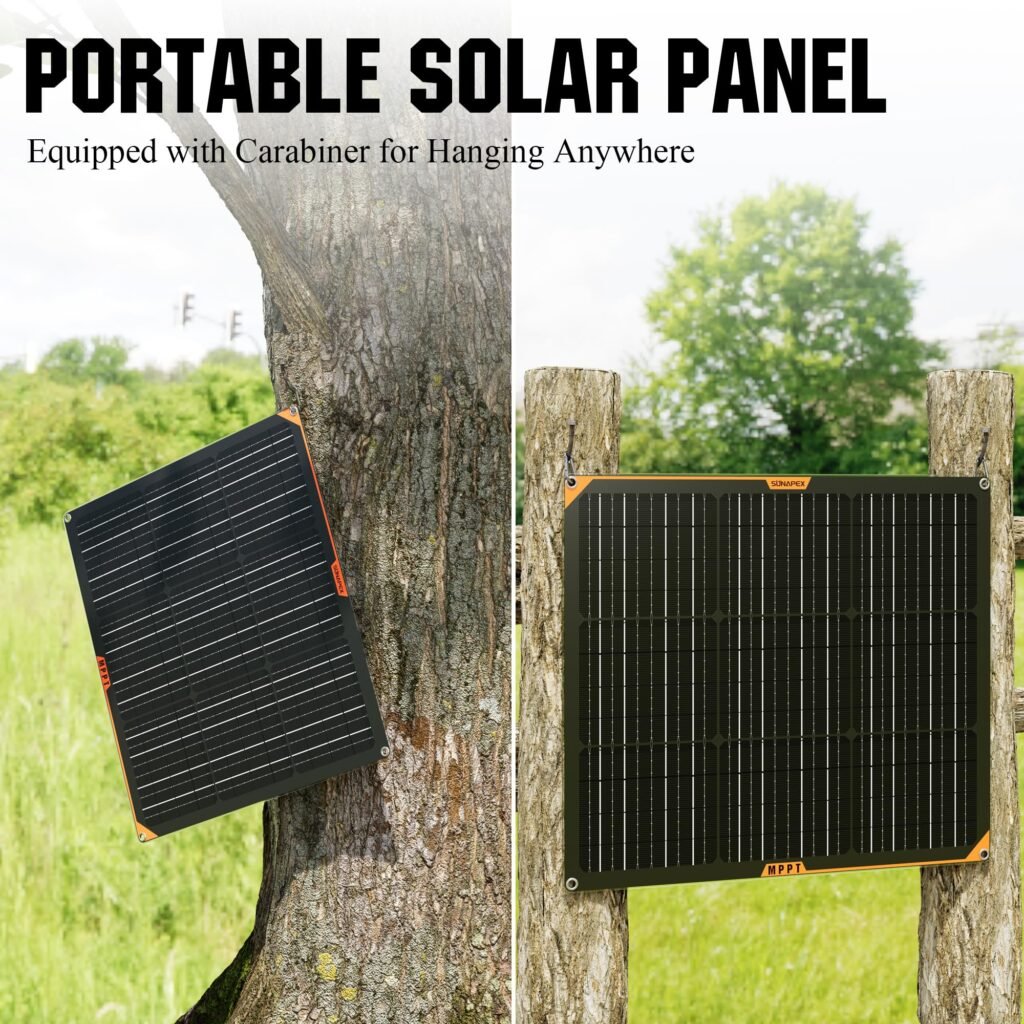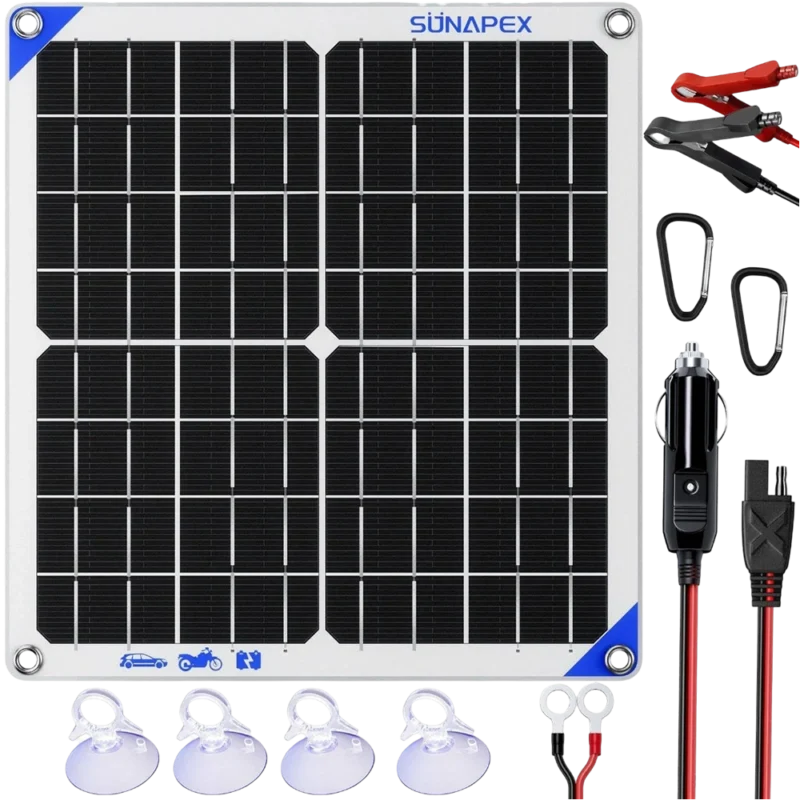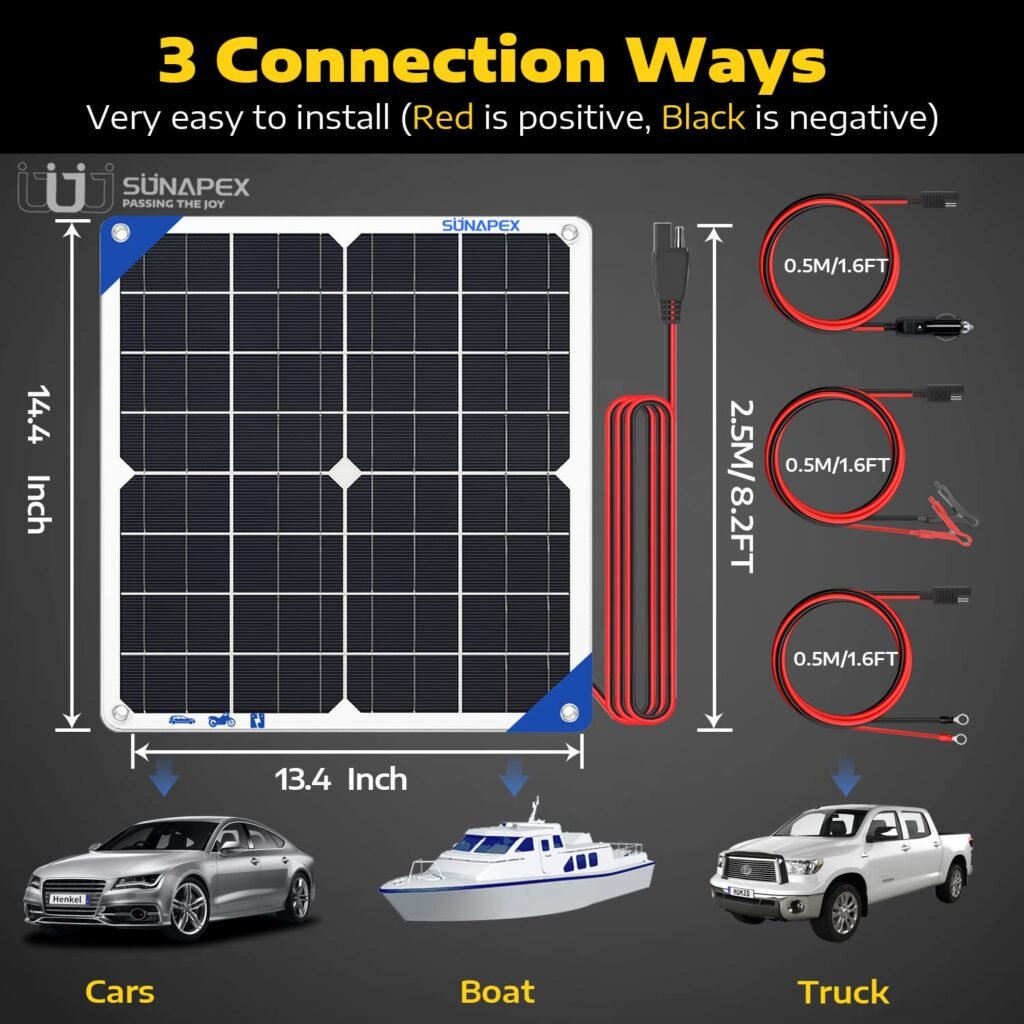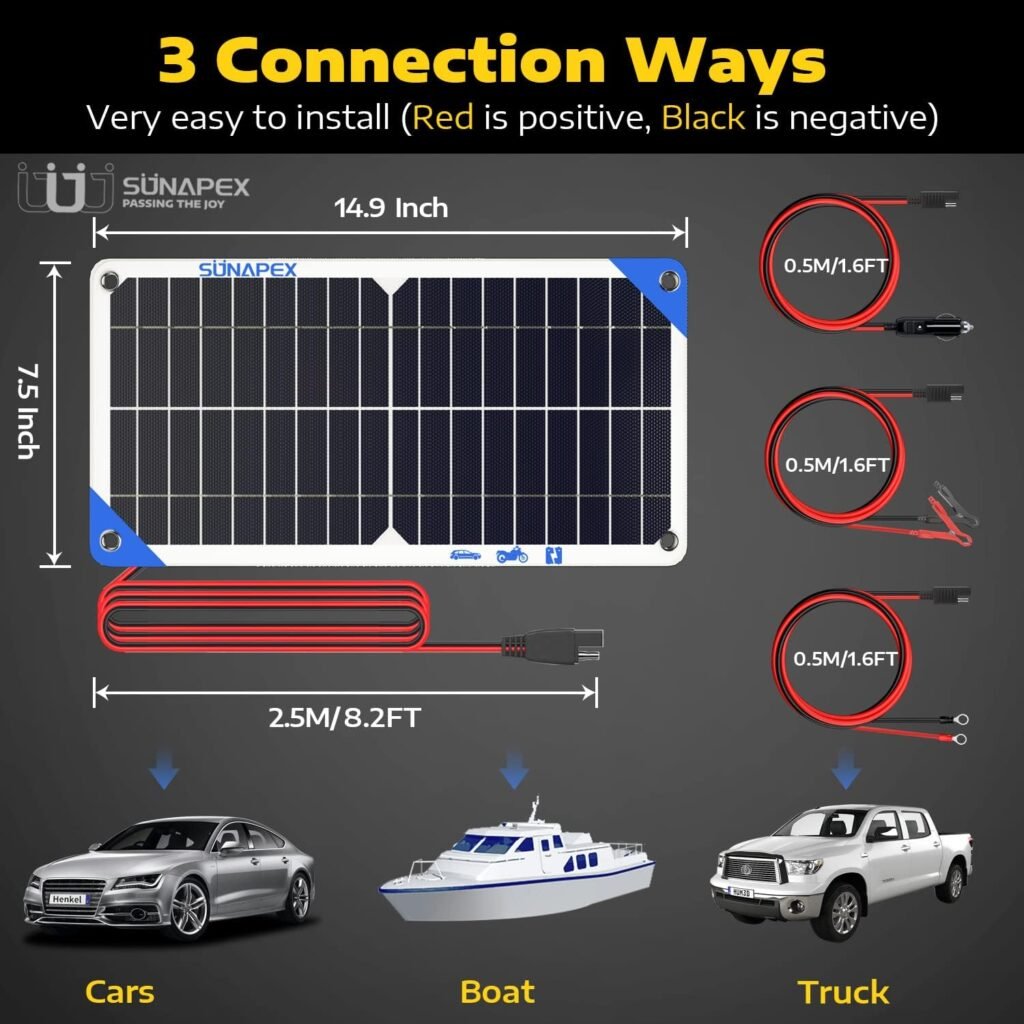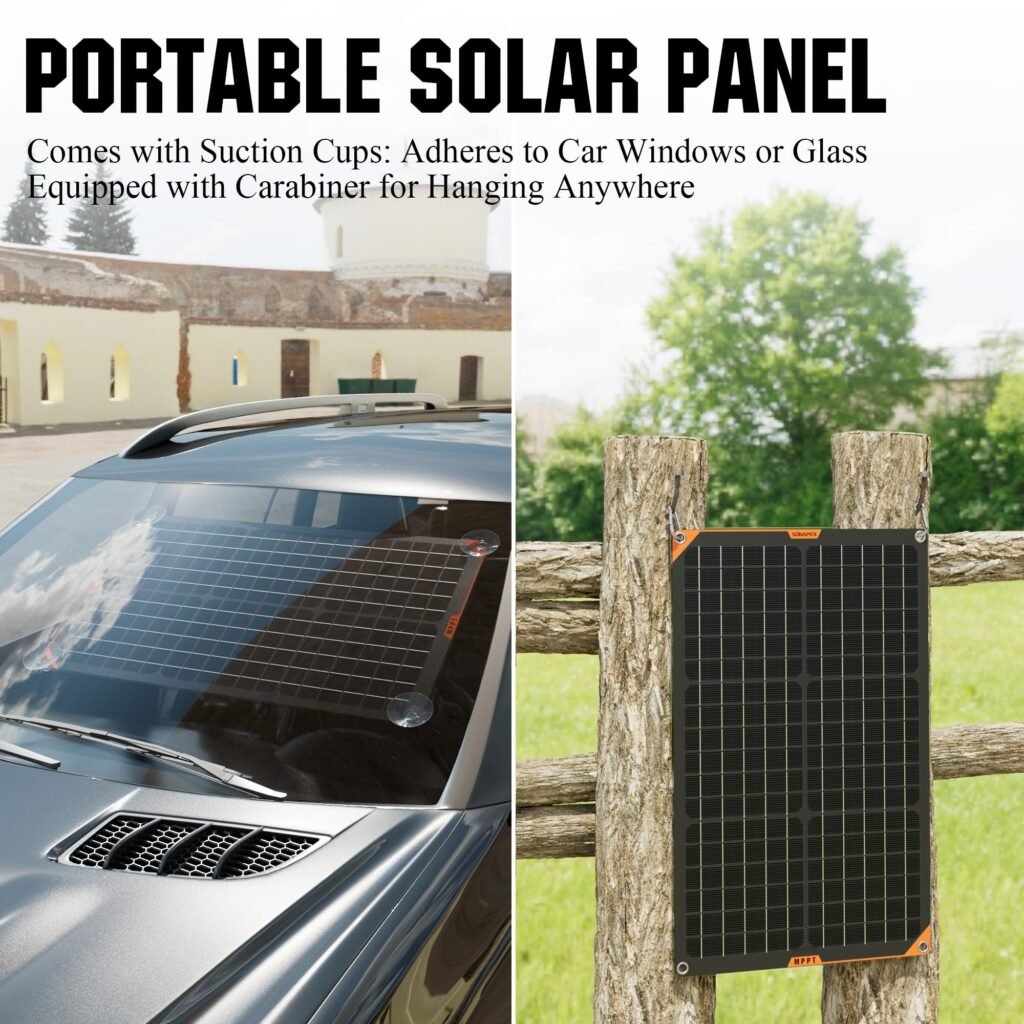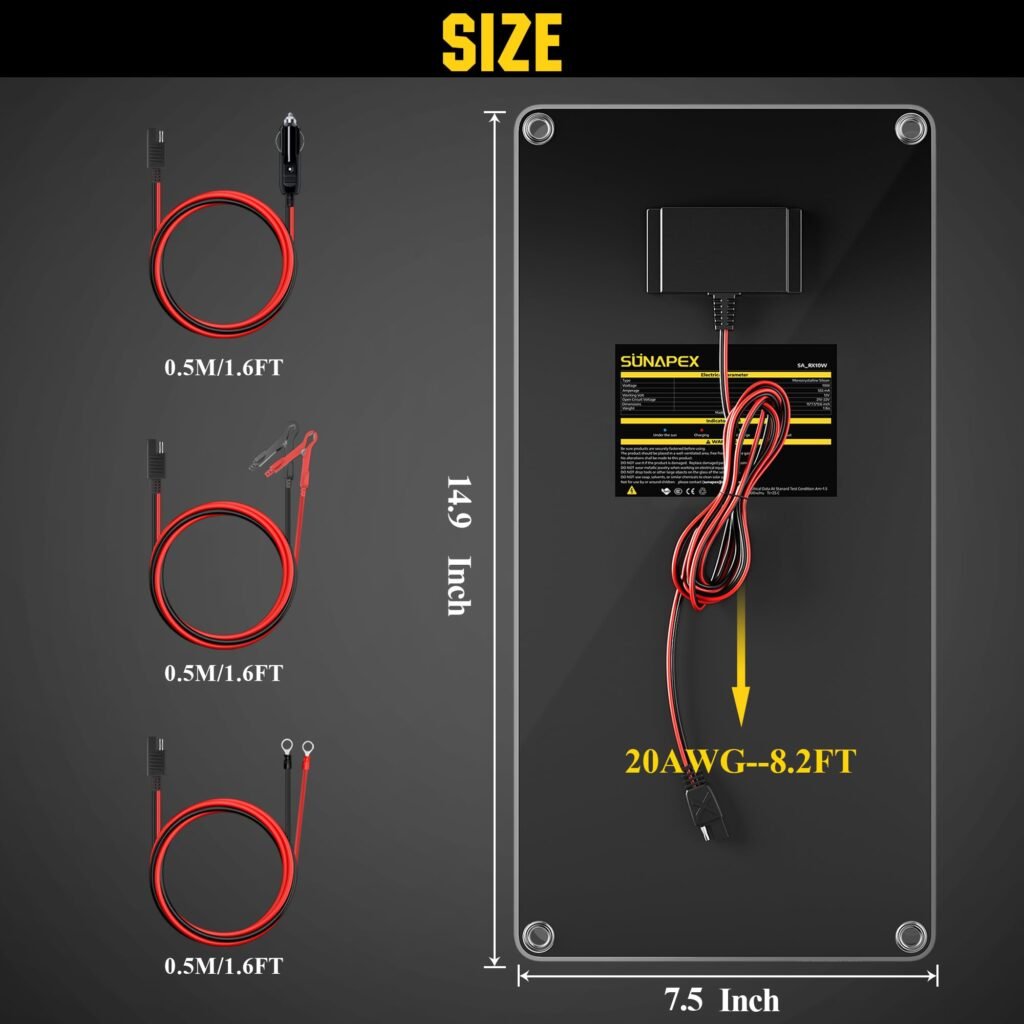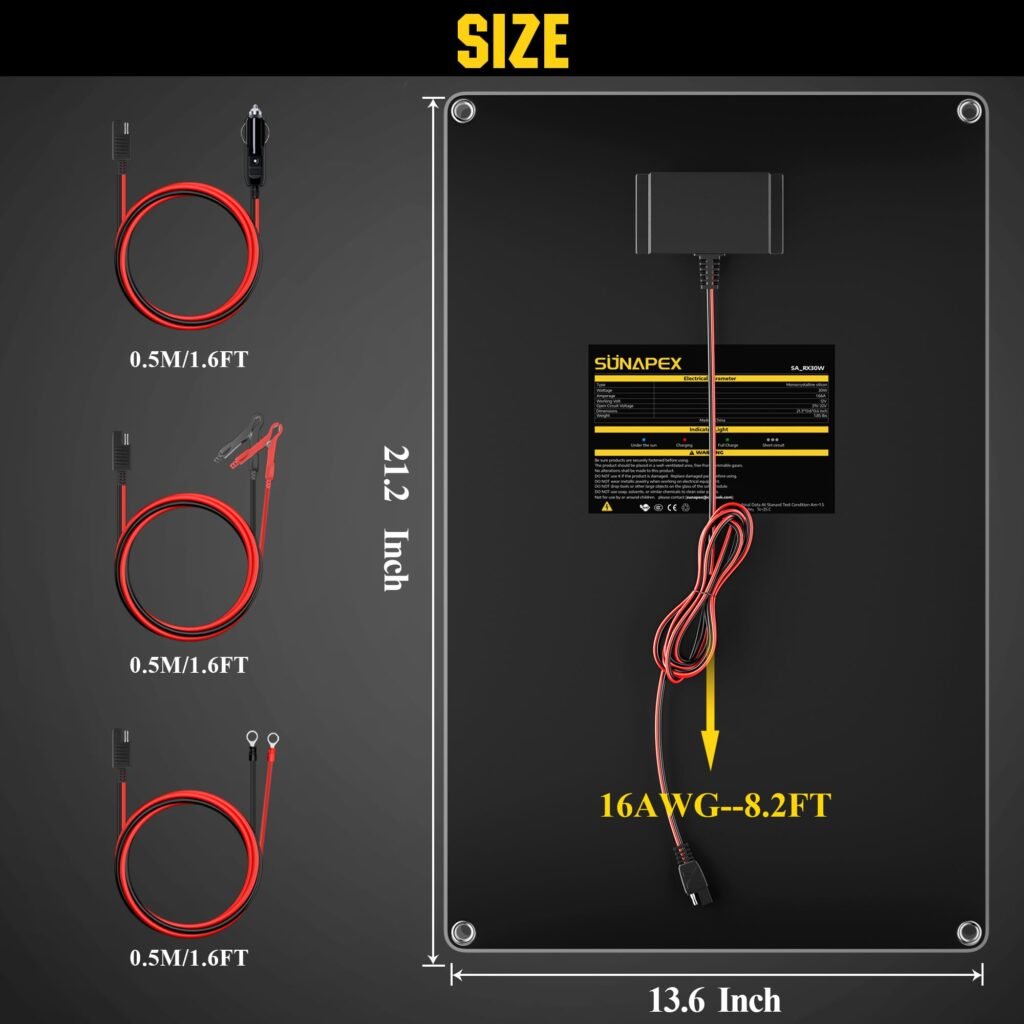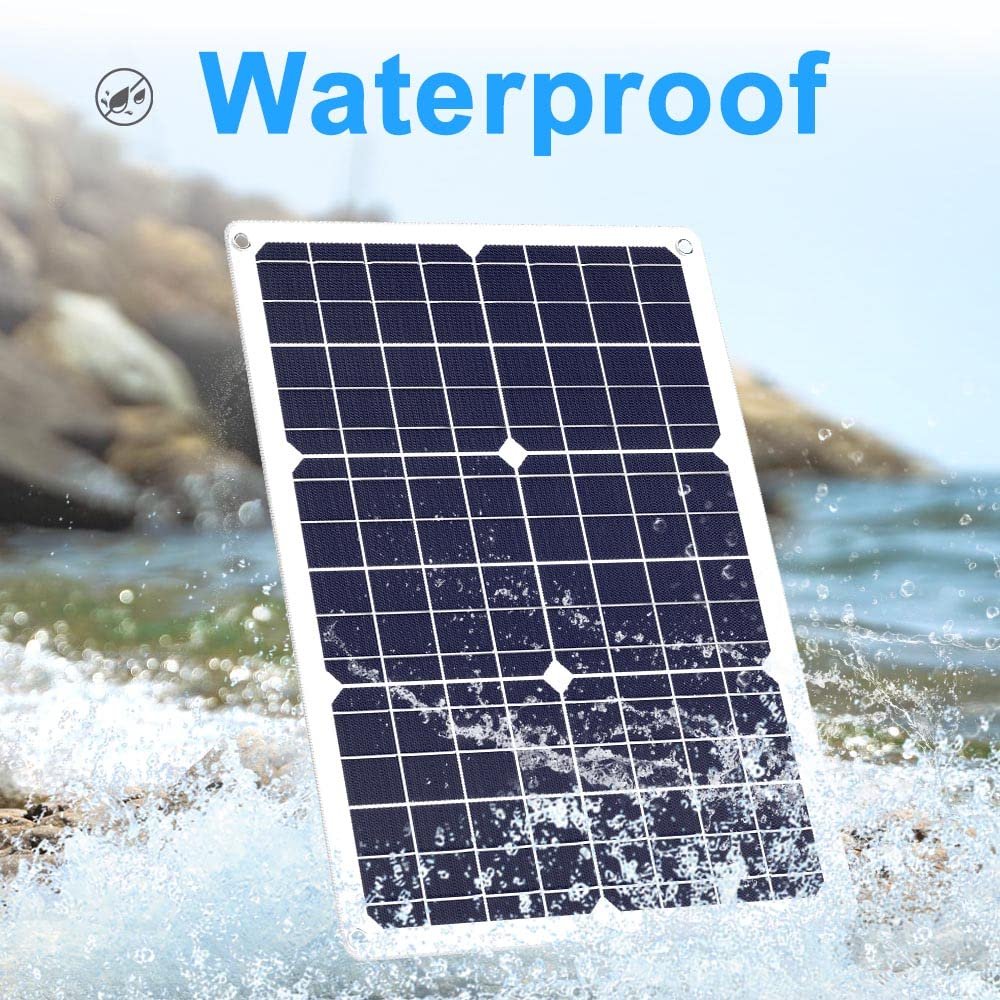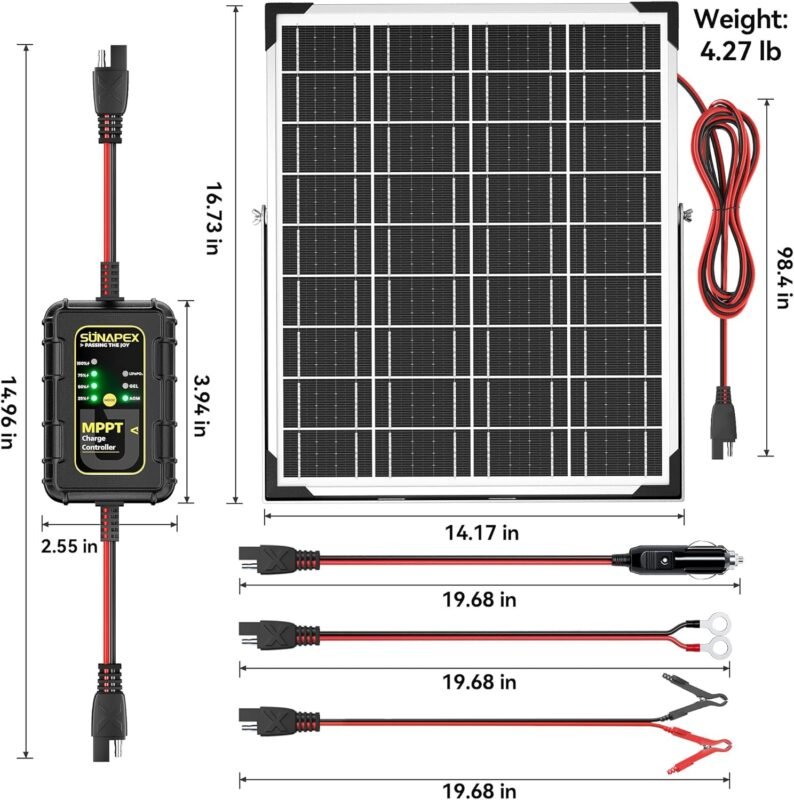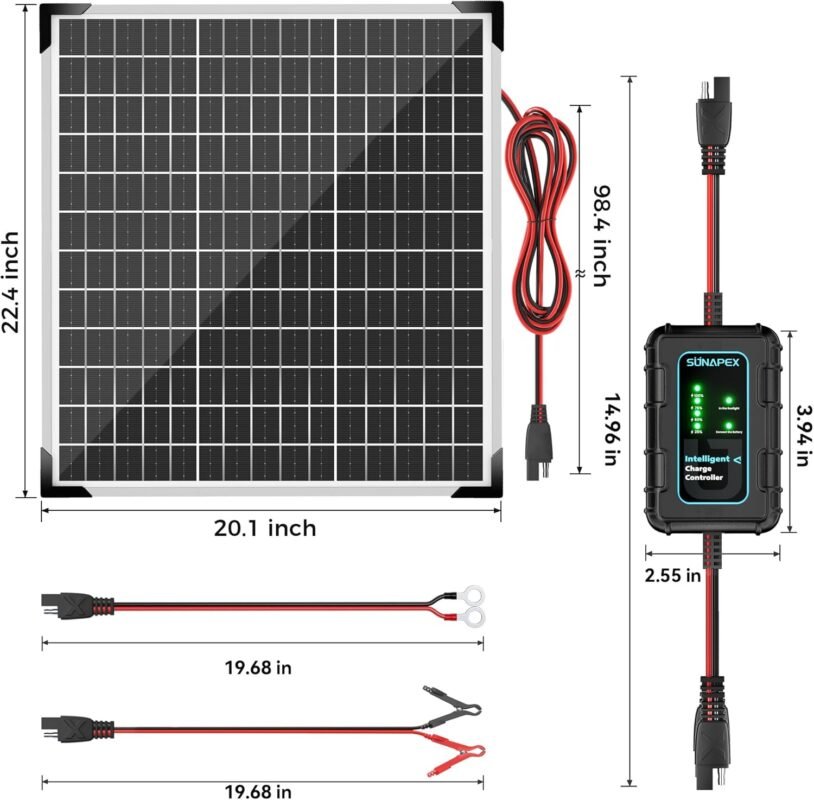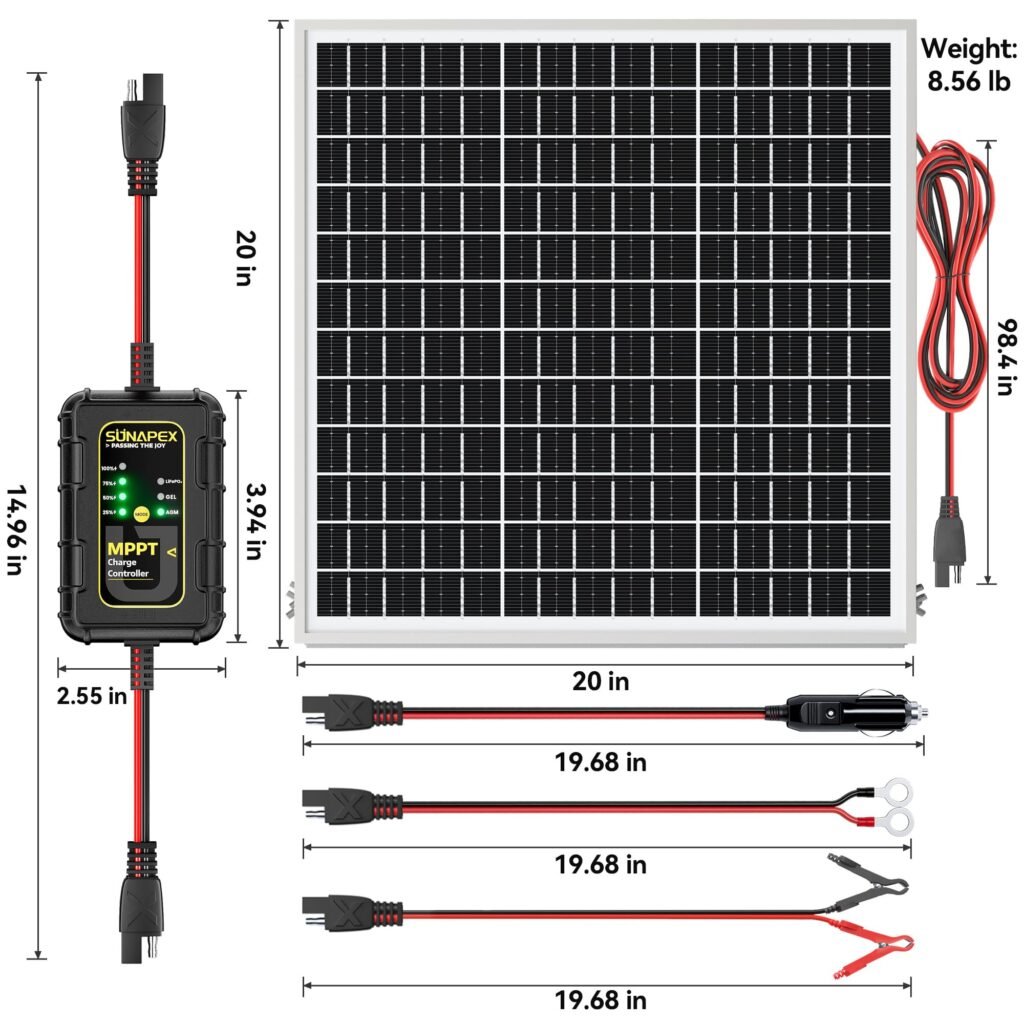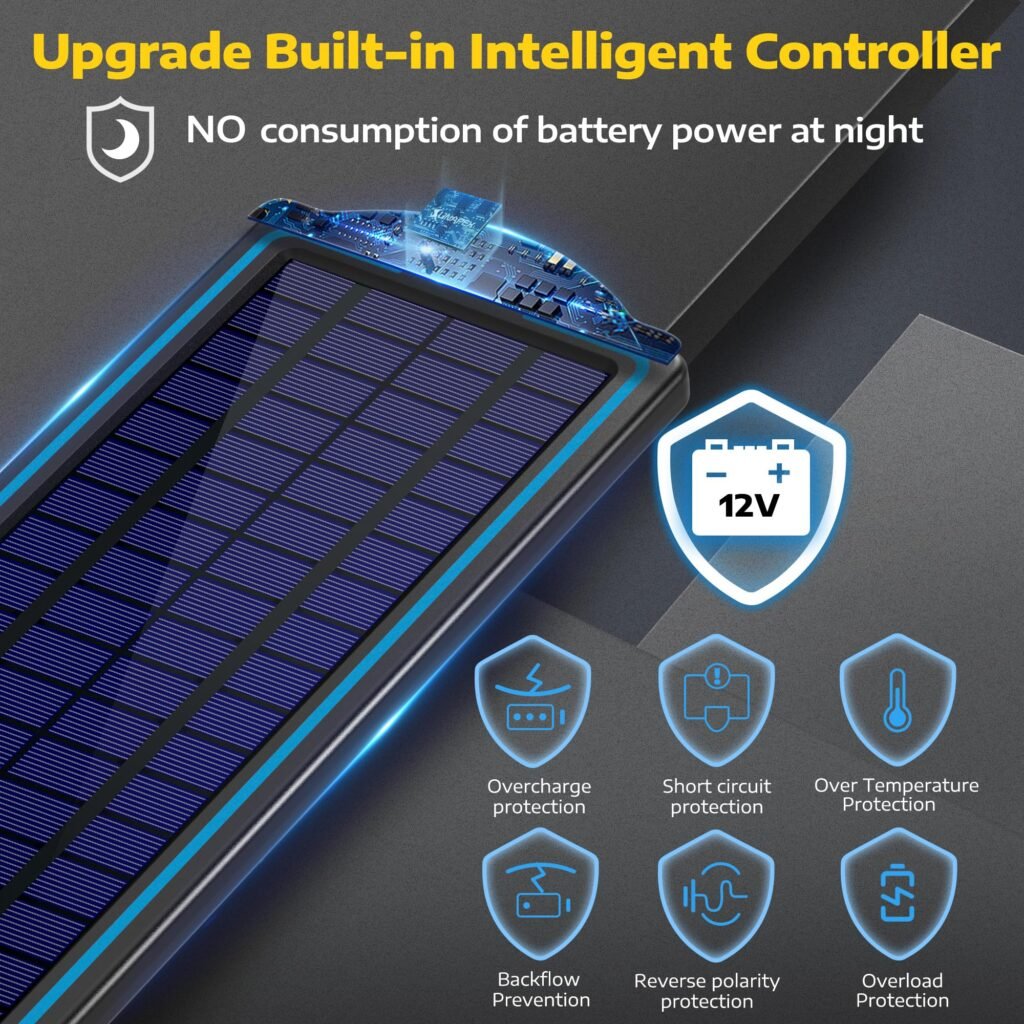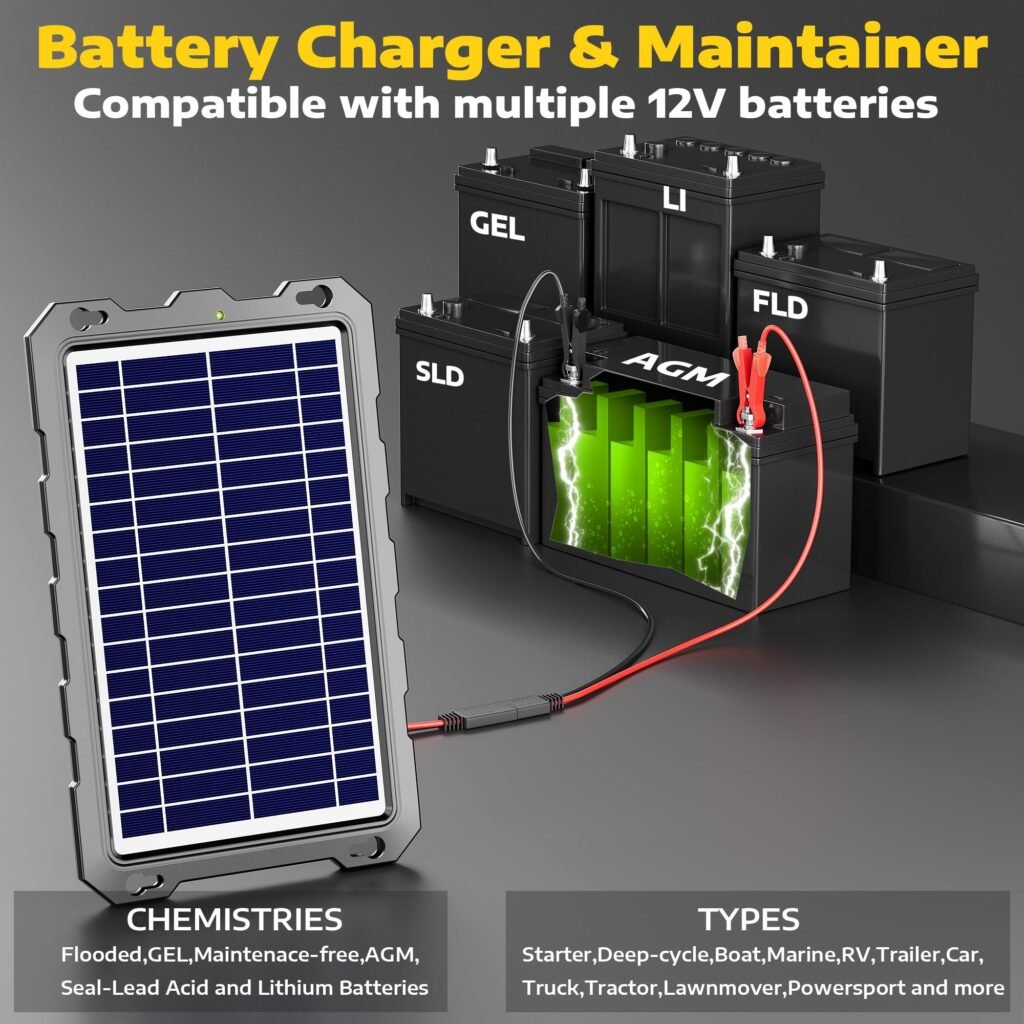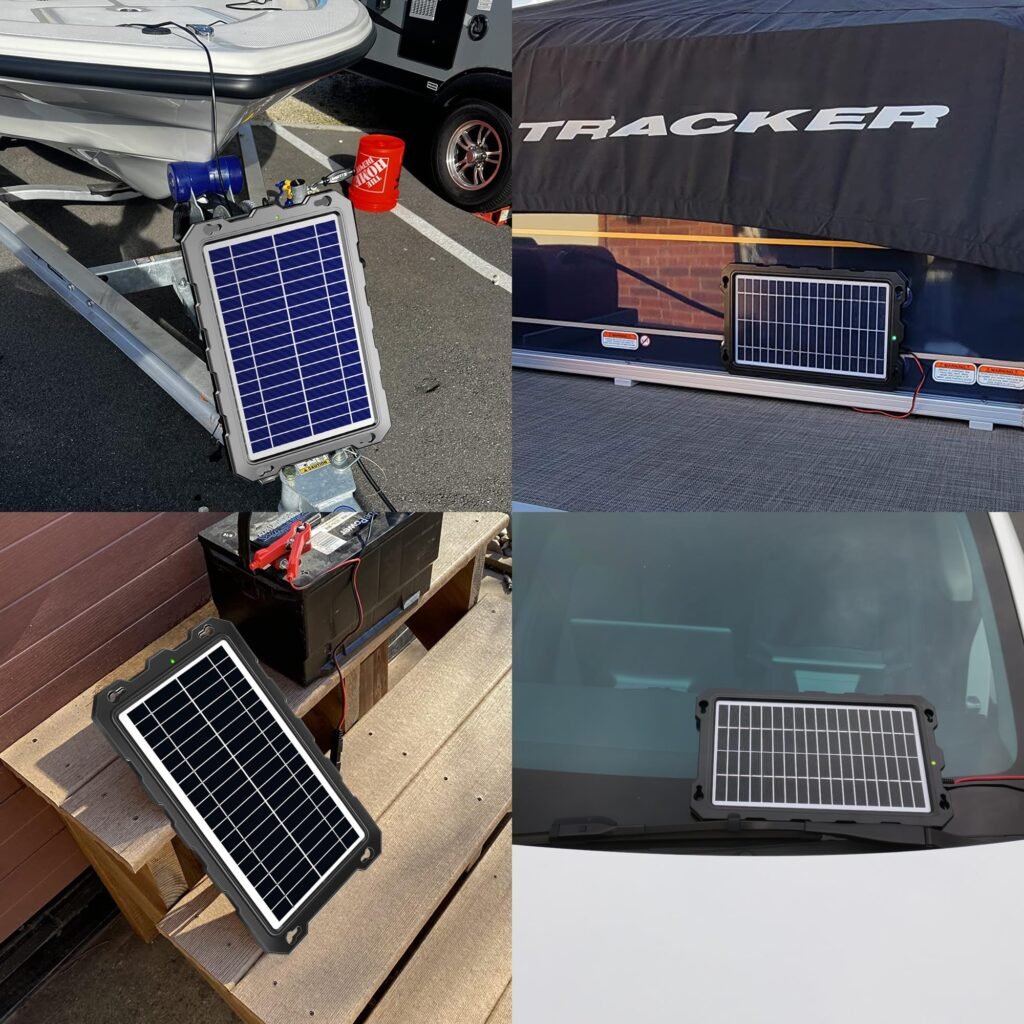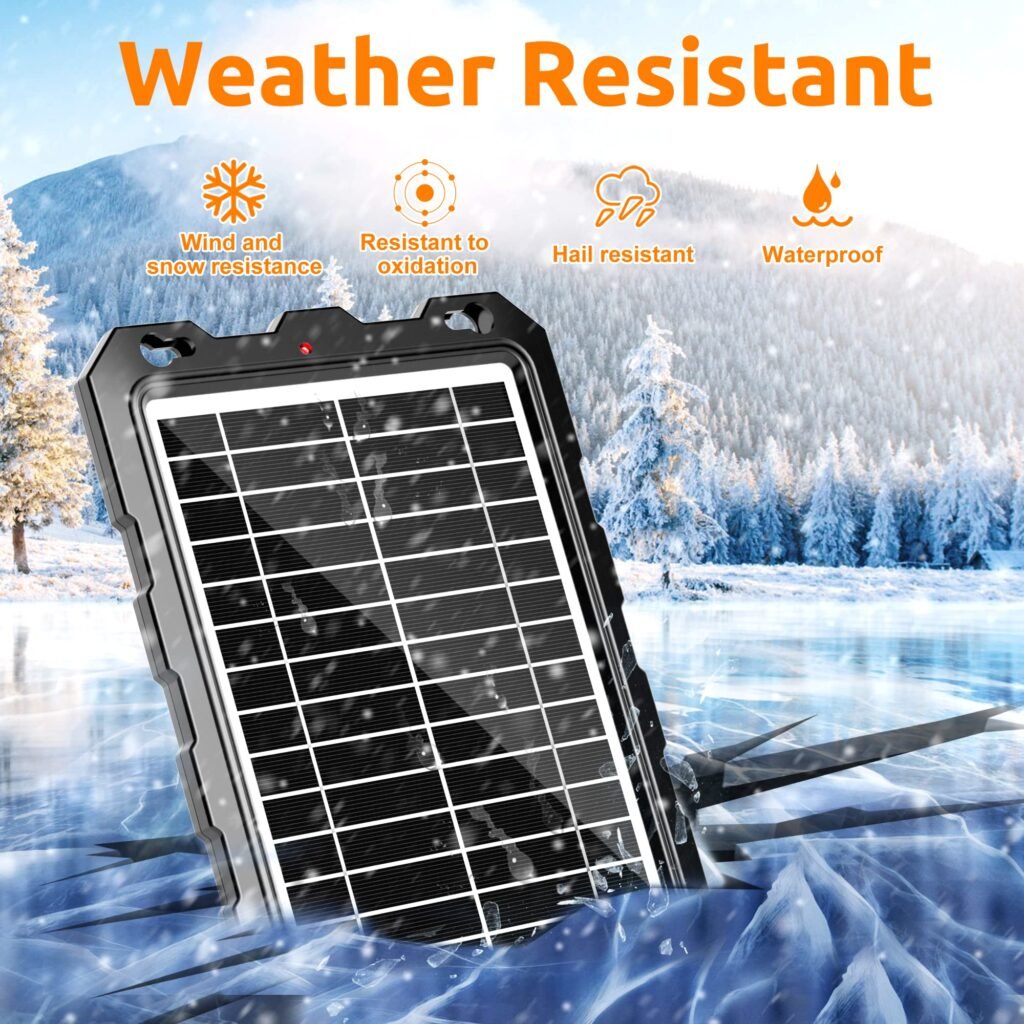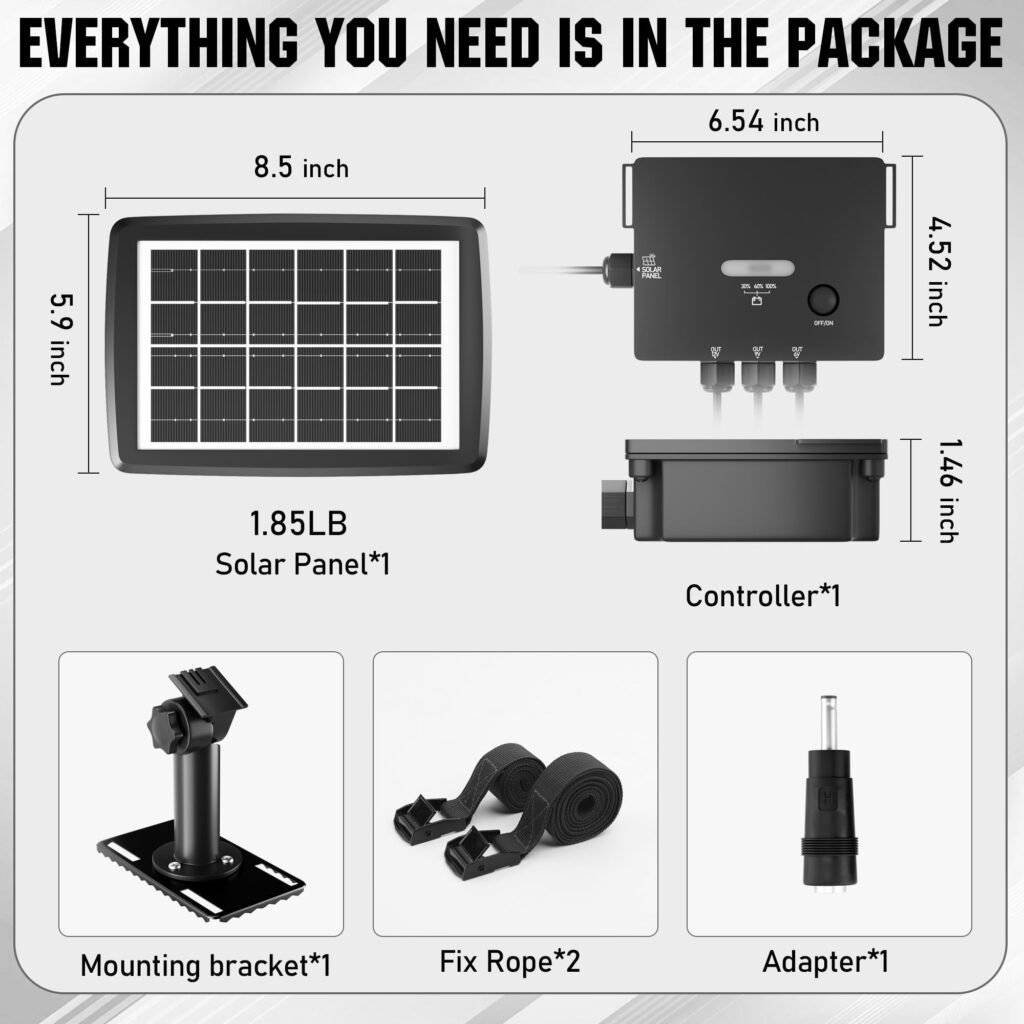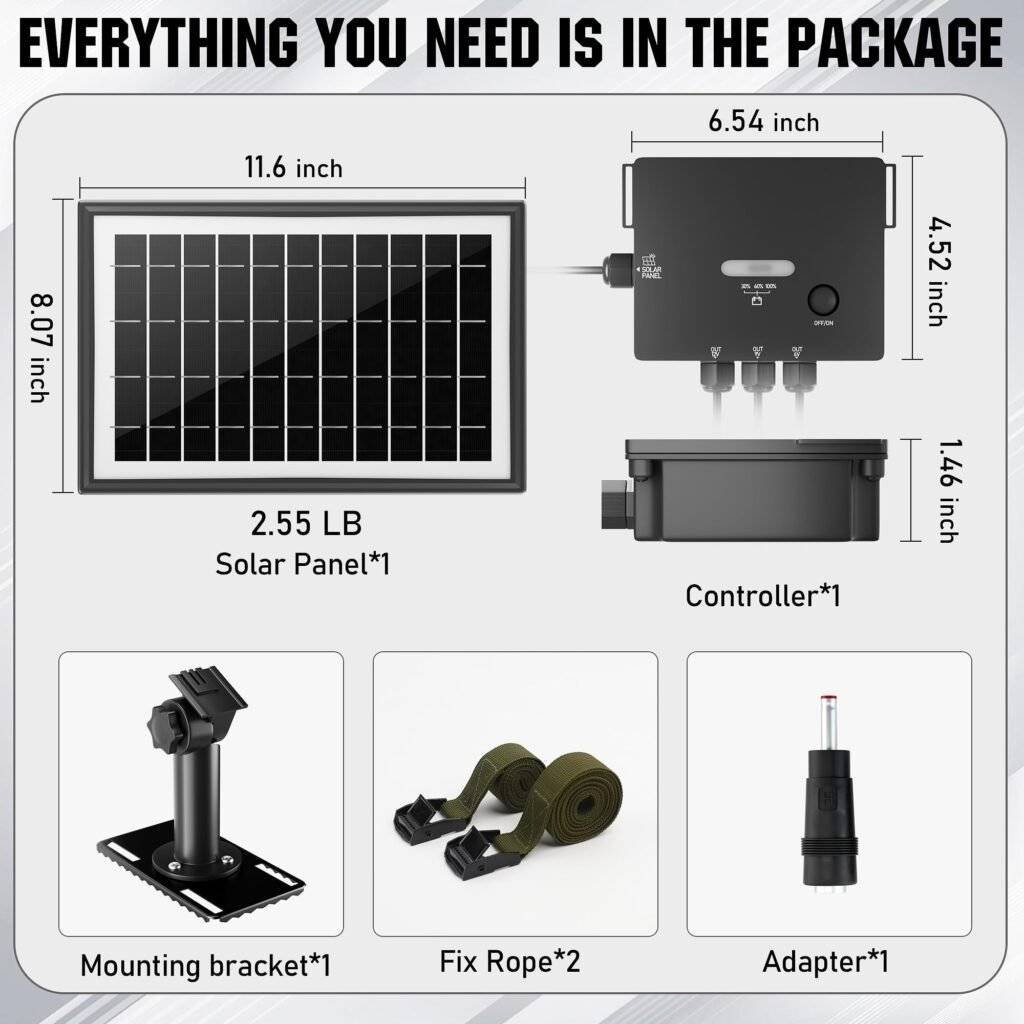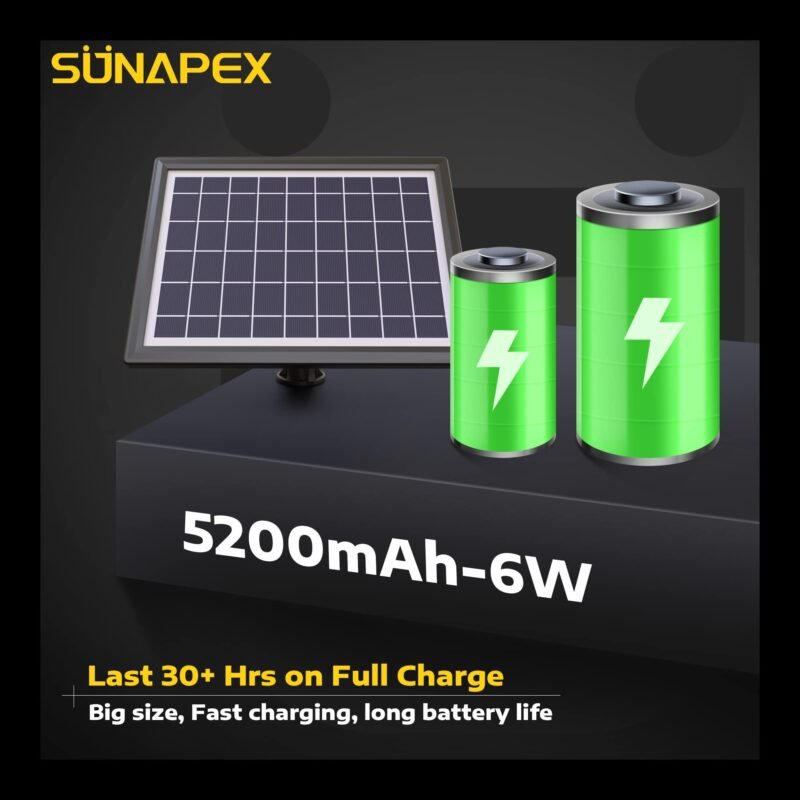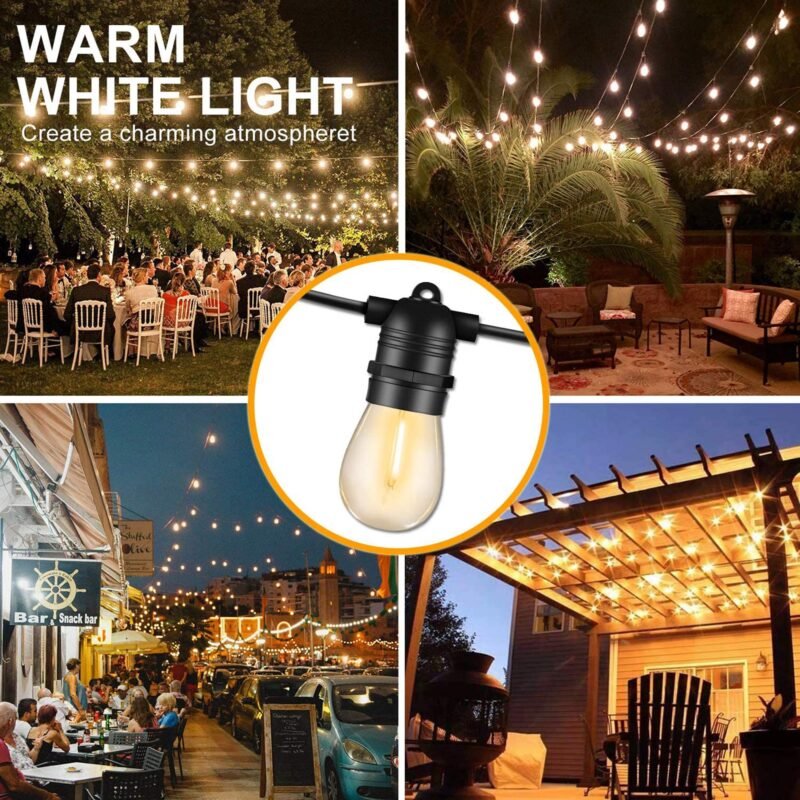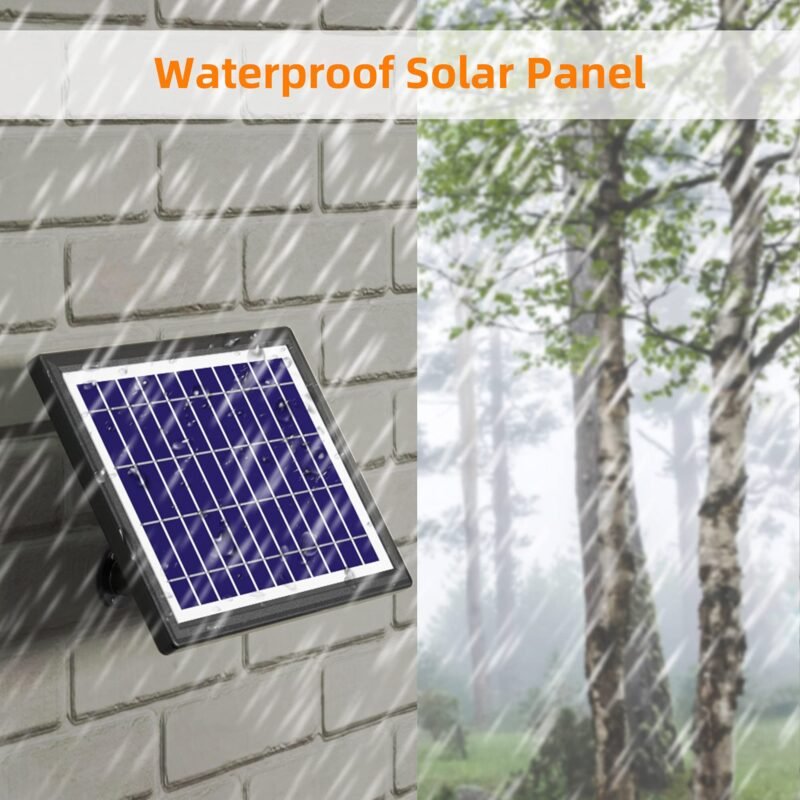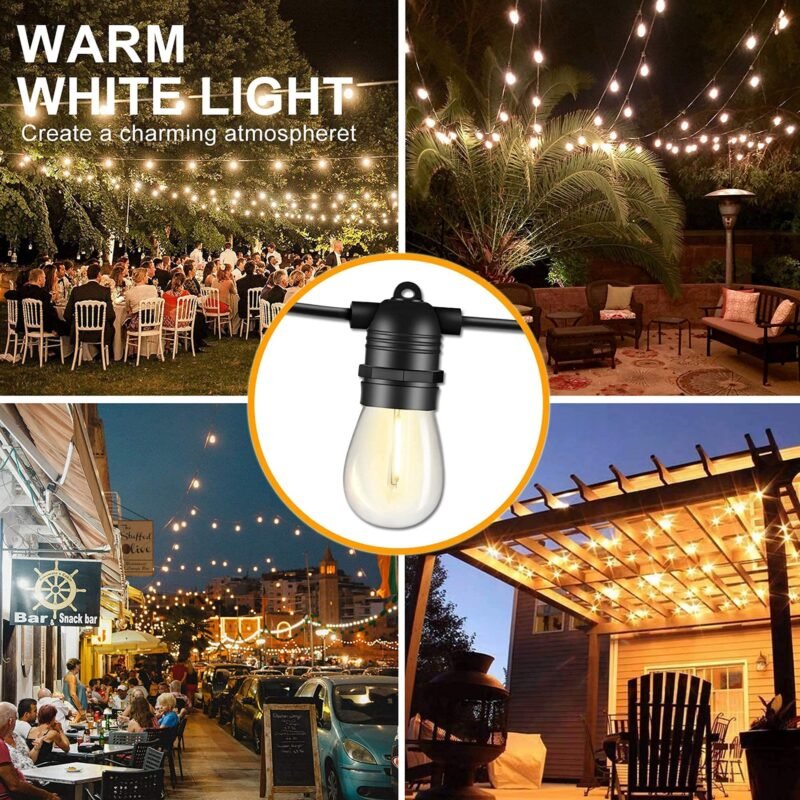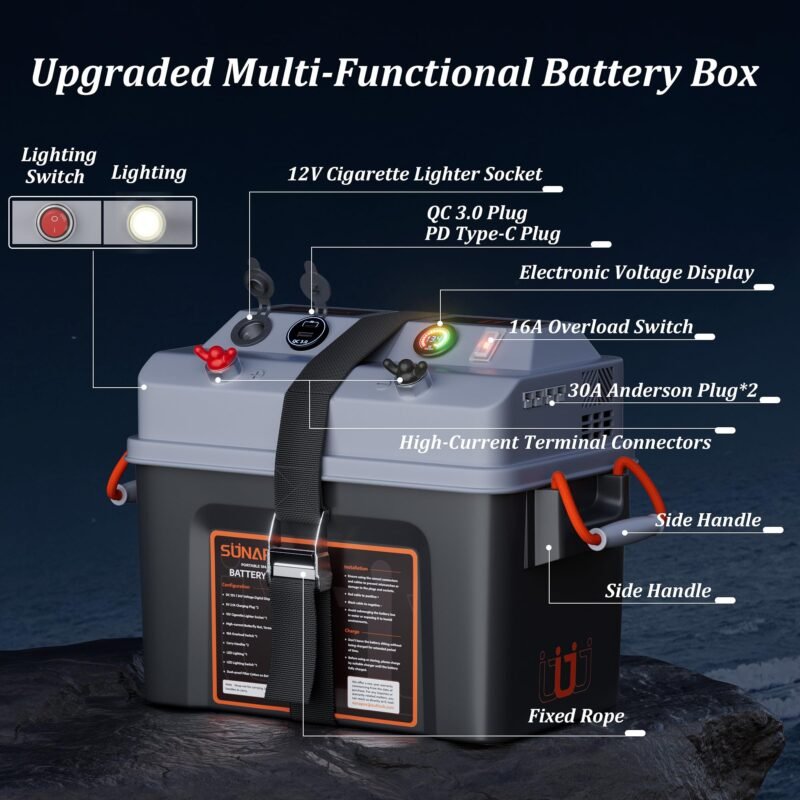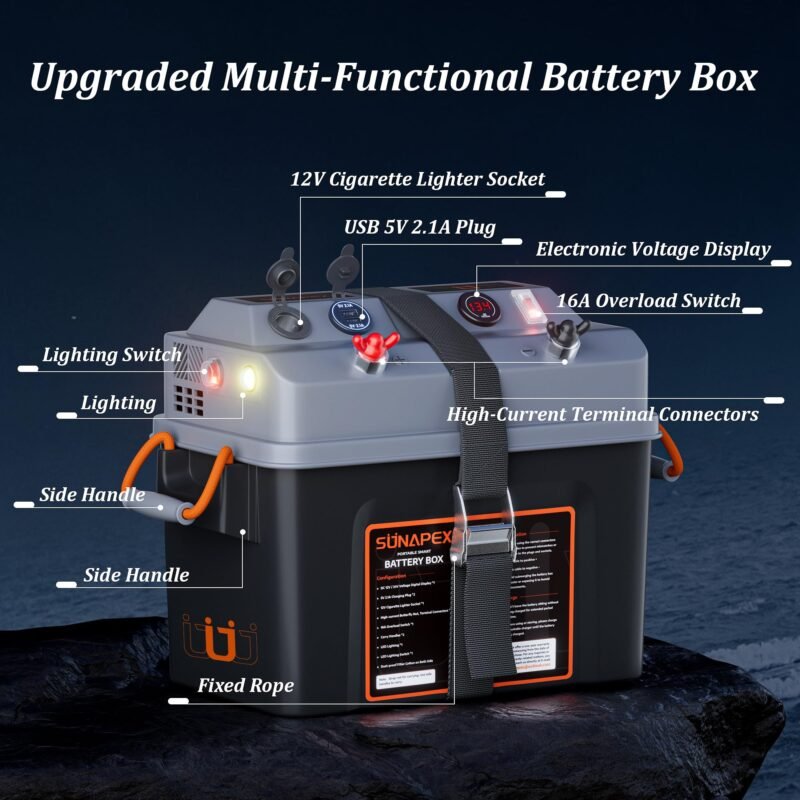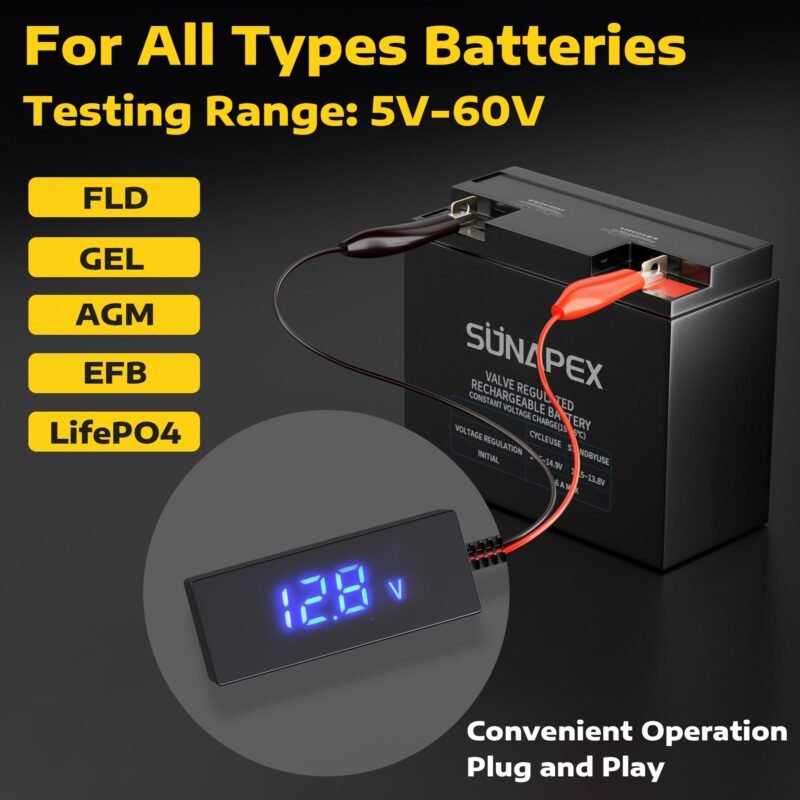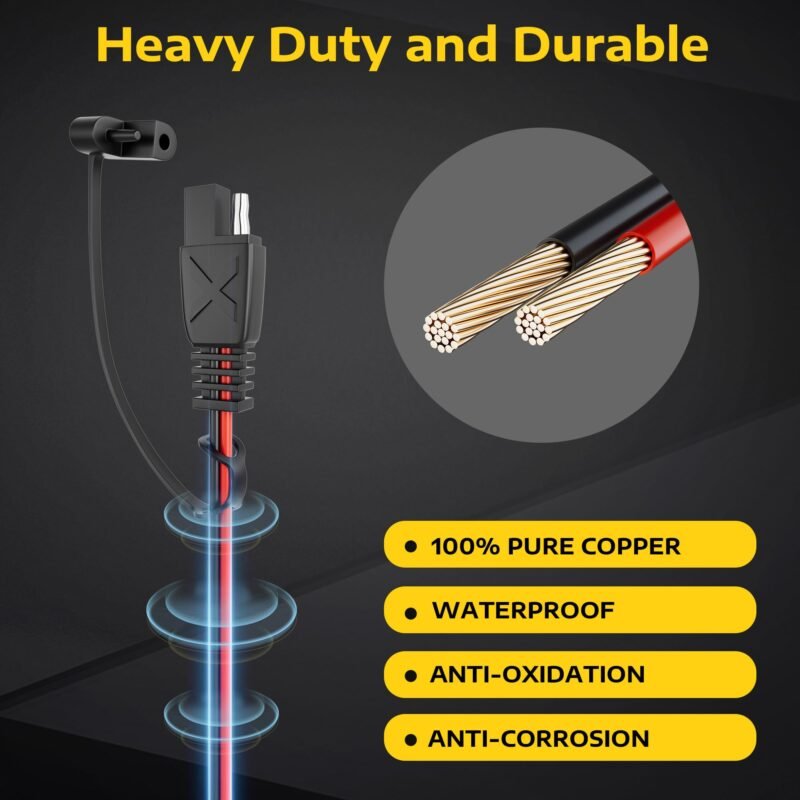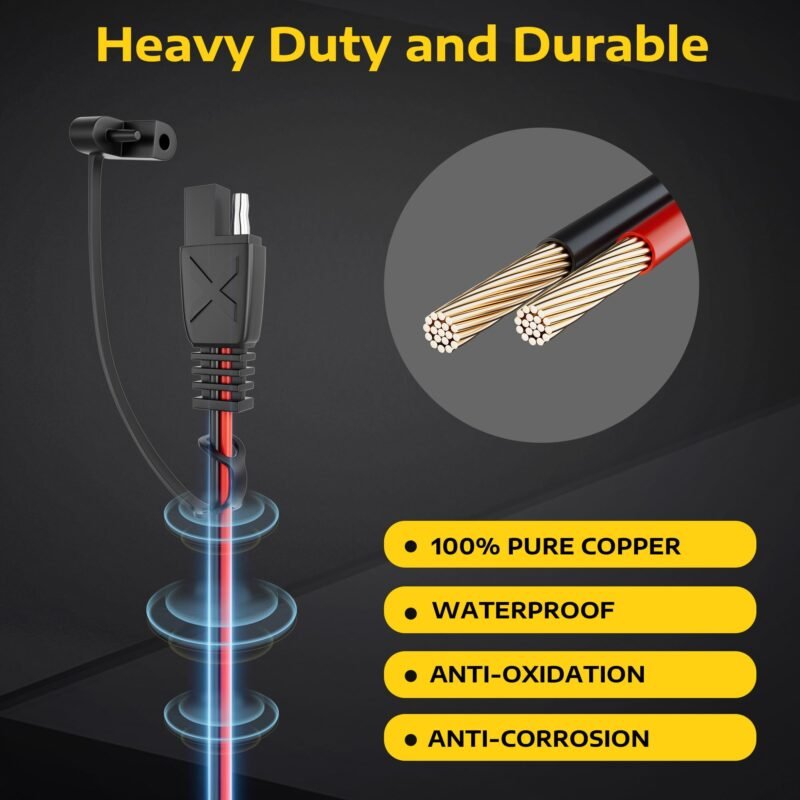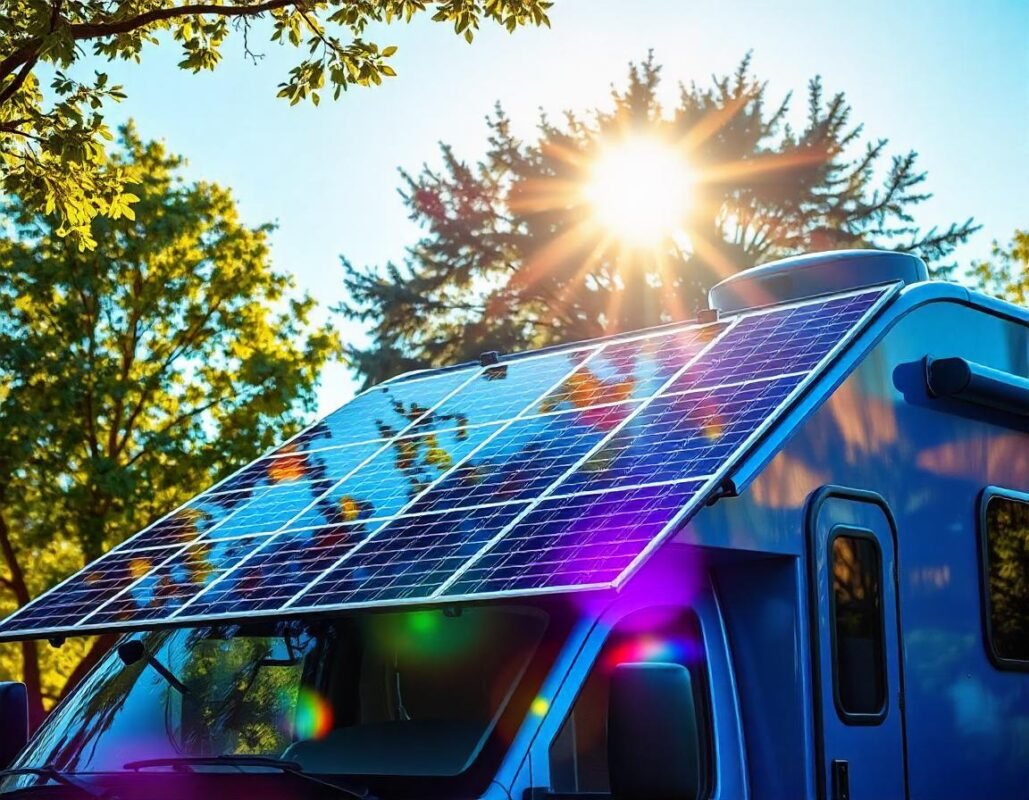Solar Panel
Unleashing the Remarkable Power of Solar Panel Efficiency – Key Insights
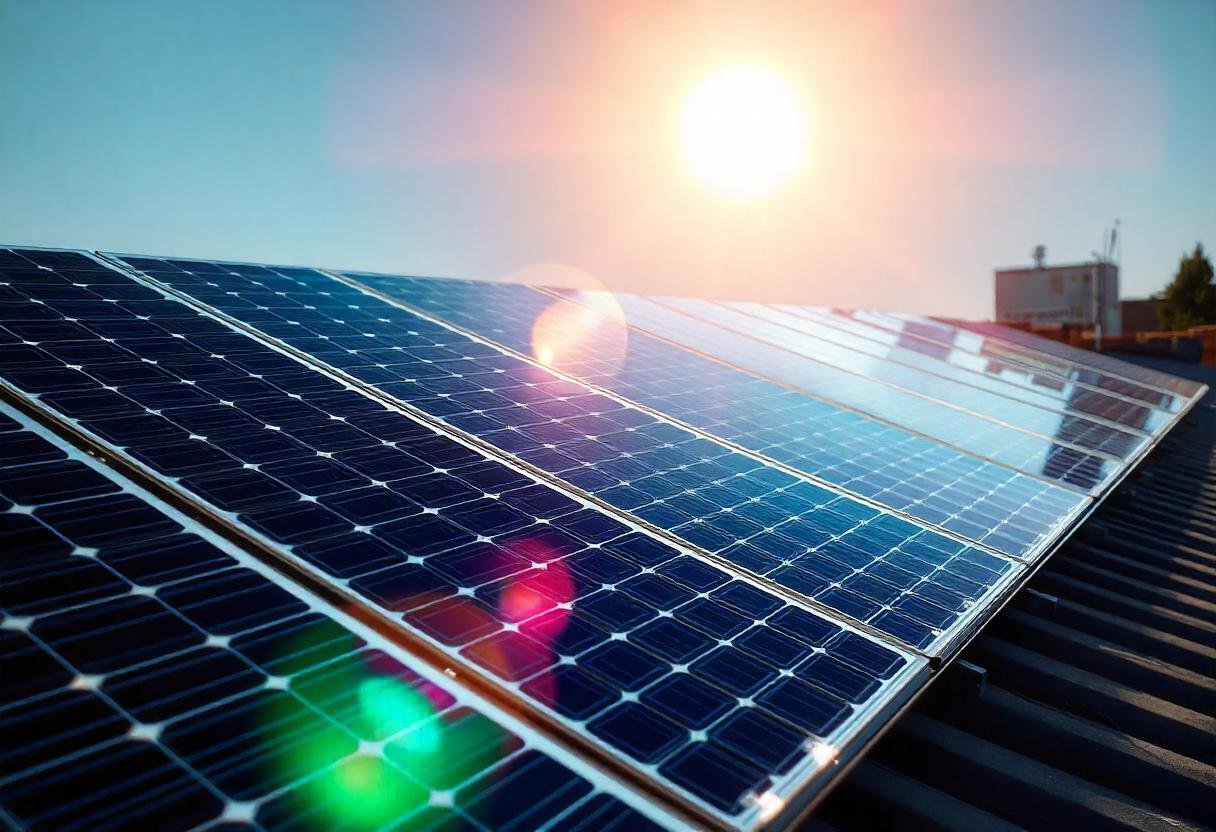
With the rise of renewable energy, solar panels are considered a viable solution for powering a home as well as a business with solar energy. The efficiency of solar panels is one of the most important factors as far as its performance is concerned. In this article, we will dive into what solar panel efficiency means, how it is measured, the factors that affect it, and how it impacts the effectiveness of your solar energy system.
What is Solar Panel Efficiency?
Solar panel efficiency refers to the percentage of sunlight a solar panel can convert into usable electricity. Quite simply, it tells you how effectively a !solar panel receives sunlight and turns it into energy. Generally speaking, the more efficient a solar panel, the more electricity it will produce for the same input — the same amount of sunlight.
For instance, a solar panel with 20 percent efficiency pulls 20 percent of the sunlight that hits it into electricity while the other 80 percent is reflected or absorbed as heat or lost. More compact panels can be higher efficiency and will need a little less surface area to net the same amount of power as a less efficient panel.
How is Solar Panel Efficiency Measured?
Solar panel efficiency is determined through a standard test where a panel is placed under specific conditions to measure its energy output. In laboratory conditions panels are exposed to sunlight with an intensity of 1,000 watts per square meter at 25°C (77°F). It then compares the energy output against how much sunlight the panel is getting hit with.
Unlike efficiency rating, which is typically expressed as a percentage, it is measured in Btu’s. Today, residential solar panels have an efficiency range ranging from 15 to 22 percent. High performance panels are those with efficiency ratings above 20%. On the other hand, the ones with low ratings generate power on occupied areas within a space, but are cheaper.
Factors That Affect Solar Panel Efficiency
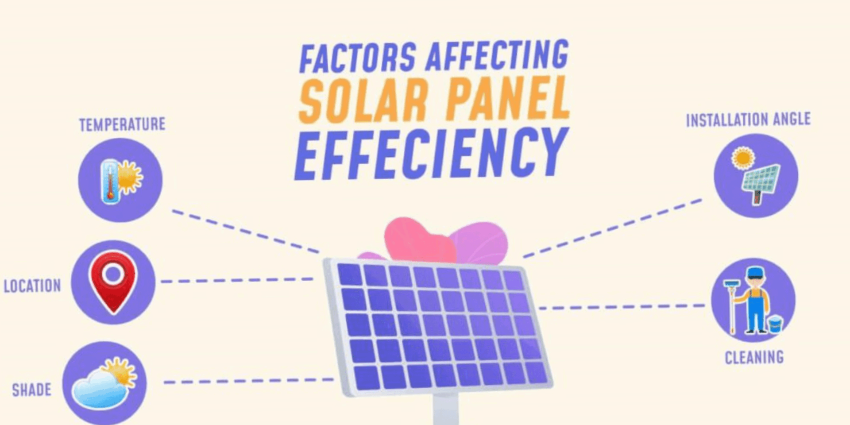
Type of Solar Cell Technology
Efficiency of solar cells is highly influenced by the type of technology used. There are three primary types of solar panels:
- Monocrystalline Solar Panels: Usually, monocrystalline panels are known for their high efficiency of utilization as they are made from one pure single silicon crystal. 98 – 22% are the range of their efficiency.
- Polycrystalline Solar Panels: Polycrystalline panels are made from silicon crystals that are melted and then formed into molds, and are typically a bit less efficient than thin-film panels (about 15% to 18%).
- Thin-Film Solar Panels: But these are the least efficient, with efficiencies from 10% to 13%, because they are lightweight panels made by depositing photovoltaic material onto a substrate.
Temperature
Solar panel efficiency can decrease with higher temperatures. Solar panels, unlike wind turbines, generate heat as they work. That’s because the panel’s ability to convert sunlight into electricity begins to decrease as the temperature rises. The reason for that is that truly in the hotter climates, when the temperature is high, solar panels’ performance can vary greatly depending on the environment’s temperature.
Solar Irradiance
It is called solar irradiance, which refers to the quantity of sunlight striking a particular space. Regions with higher solar irradiance naturally generate more electricity with solar panels (sunny deserts or surrounding the equator). Wherever the weather is cloudier or the irradiance lower, panel efficiency may also be lower.

Panel Age and Wear
Solar panels will degrade naturally over time, especially from the weather, such as rain, dust and temperature conditions. The ‘degradation rate’ describes this degradation, and usually degrades a bit every year. Solar panels usually lose about 0.5-1% efficiency a year.
Shading and Obstructions
The impact a single tree or building can have in shading a solar panel can drop that system’s efficiency tremendously. The operation of solar panels requires direct sunlight: any kind of shading will drastically reduce the amount of energy generated. So it’s important to opt for installing solar panels in locations where there will be no shadows cast during the day.
Installation Quality
Solar panels can also be affected by the proper installation of the panels. The angle of installation and orientation (facing south in the Northern Hemisphere is ideal), the amount of space in between panels, will determine how much sunlight the panels get and, thus, how efficiently they run.
Why Does Efficiency Matter for Your Solar System?
You want to be as efficient as possible with solar panels, so you can maximize the energy you generate. Roofs with limited space are best suited for more efficient panels, which are more efficient and don’t require as much space for the same amount of electricity. But if you live in an area, where there is no sunlight, for example, or if you have a smaller roof area, you need higher efficiency.
But you need to also keep an equal balance between cost and efficiency. High efficiency panels may make more power, but also be more expensive. Lower efficiency panels may be what you decide on, based on your energy needs and amount of available roof space and a better price to performance.
Efficiency and Energy Needs
Your solar system’s roughly the size of your electricity use (in kilowatts, or kW) multiplied by how much sunlight you can harvest in your location. In cases with a limited roof space, you may want to consider over investing in higher efficiency panels so that you don’t spend too much on roof space. If you have a large roof, you can install larger, lower efficiency panels, with no regard for your energy needs.
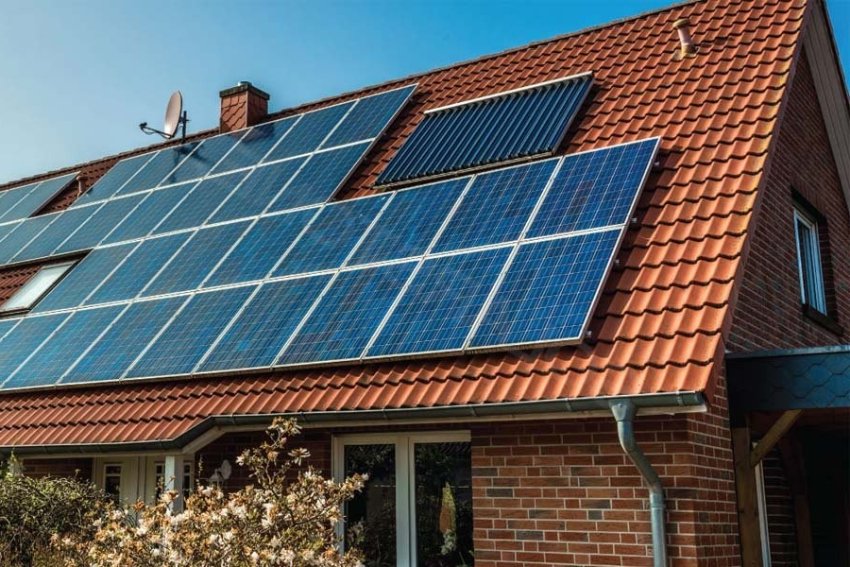
Maximizing Solar Panel Efficiency
To maximize the efficiency of your solar system, consider the following tips:
- Regular Cleaning: In time, dirt, dust, and debris can collect on the surface of the panels, reducing the efficiency of them. Regular cleaning of your panels makes sure they are performing the best they can.
- Monitor Performance: Some solar systems have monitoring apps available to allow you to keep track of how much energy you are producing. An eye on how a panel reacts to shading, damage or dirt can help you identify if one is underperforming.
- Opt for Professional Installation: Make sure your panels are installed by a professional certified to optimize the angle, orientation and positioning to get as much sunlight as possible.
Conclusion
Solar panel efficiency is a crucial factor when selecting a solar energy system. It defines how efficient the generator itself is, i.e., how much power you generate and by extension the overall cost effectiveness of your installation. Understanding what factors affect efficiency and choosing the proper type of solar panel for your needs can help you make a more educated decision that gets the most out of your energy production. If you are thinking of installing solar panels in your home or business then you would want to know the efficiency, so that you get the best benefit possible with the solar energy evolution.


